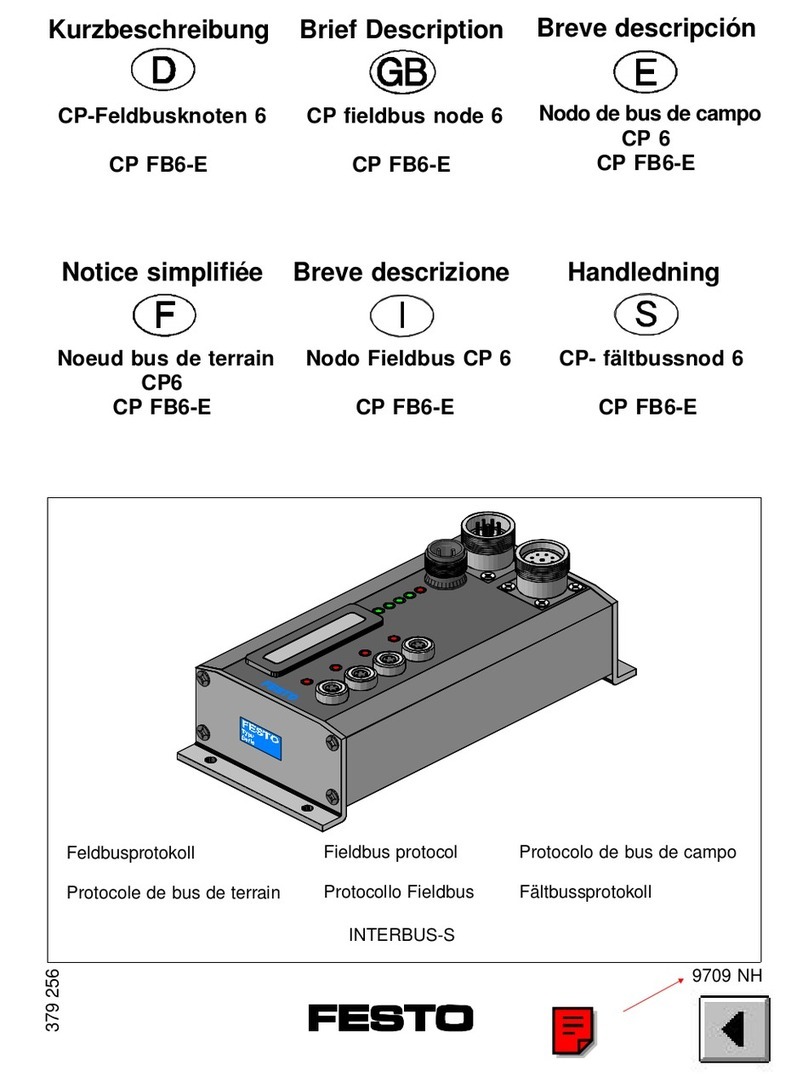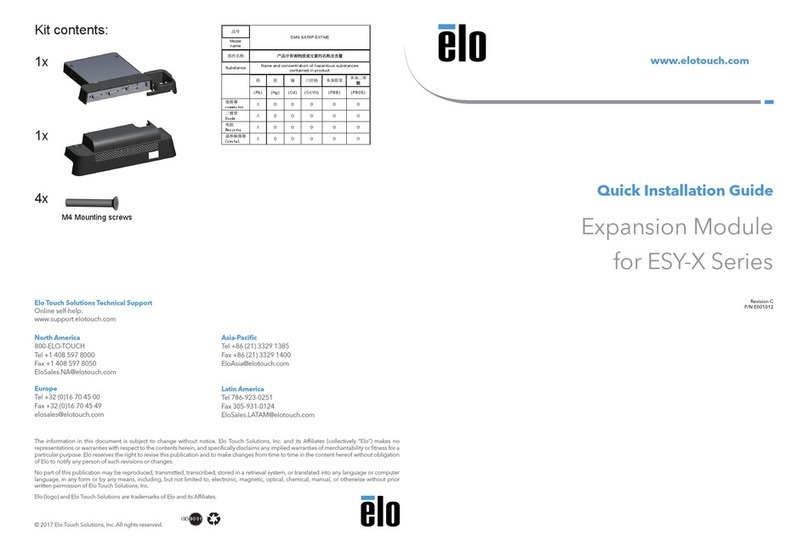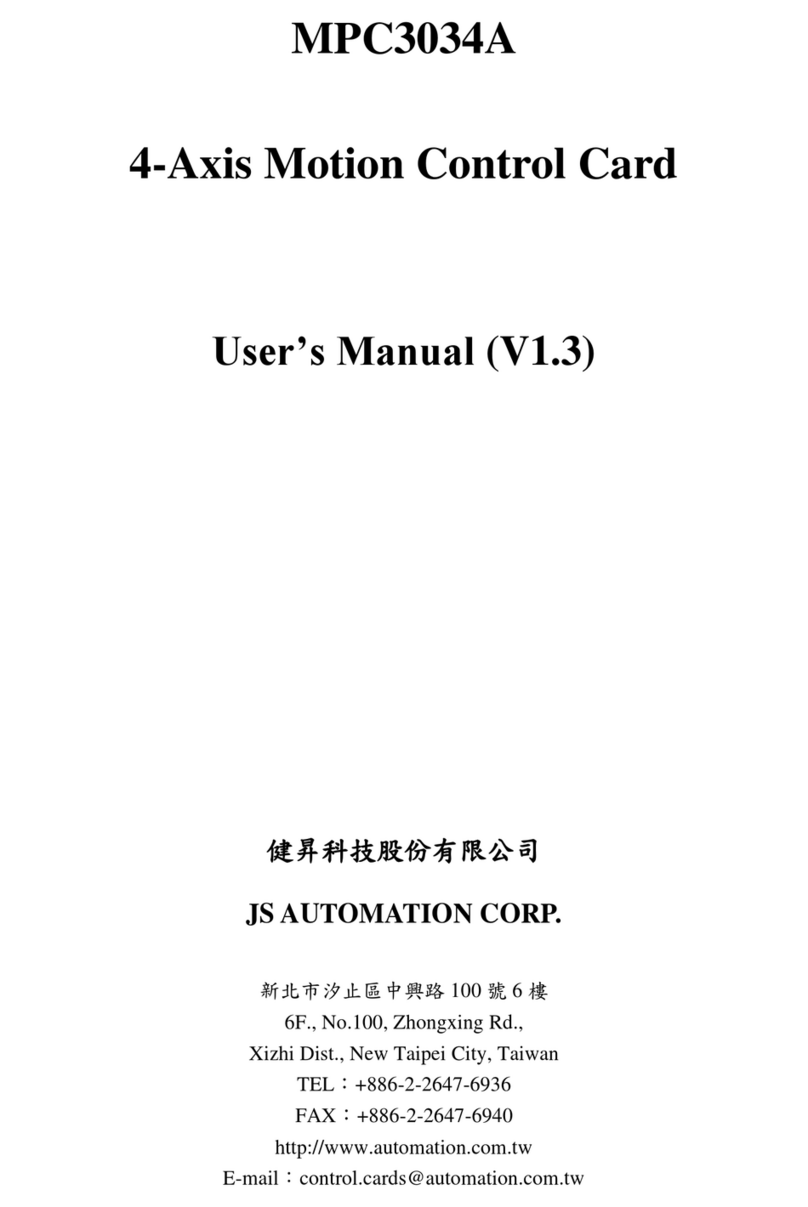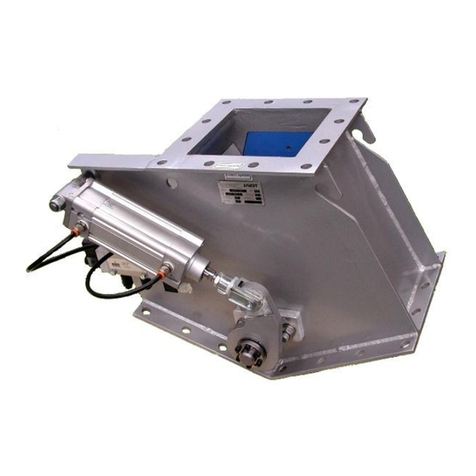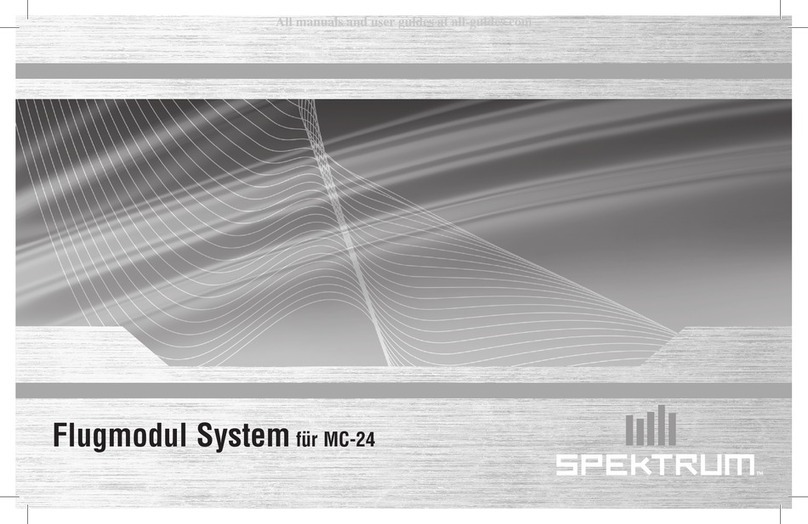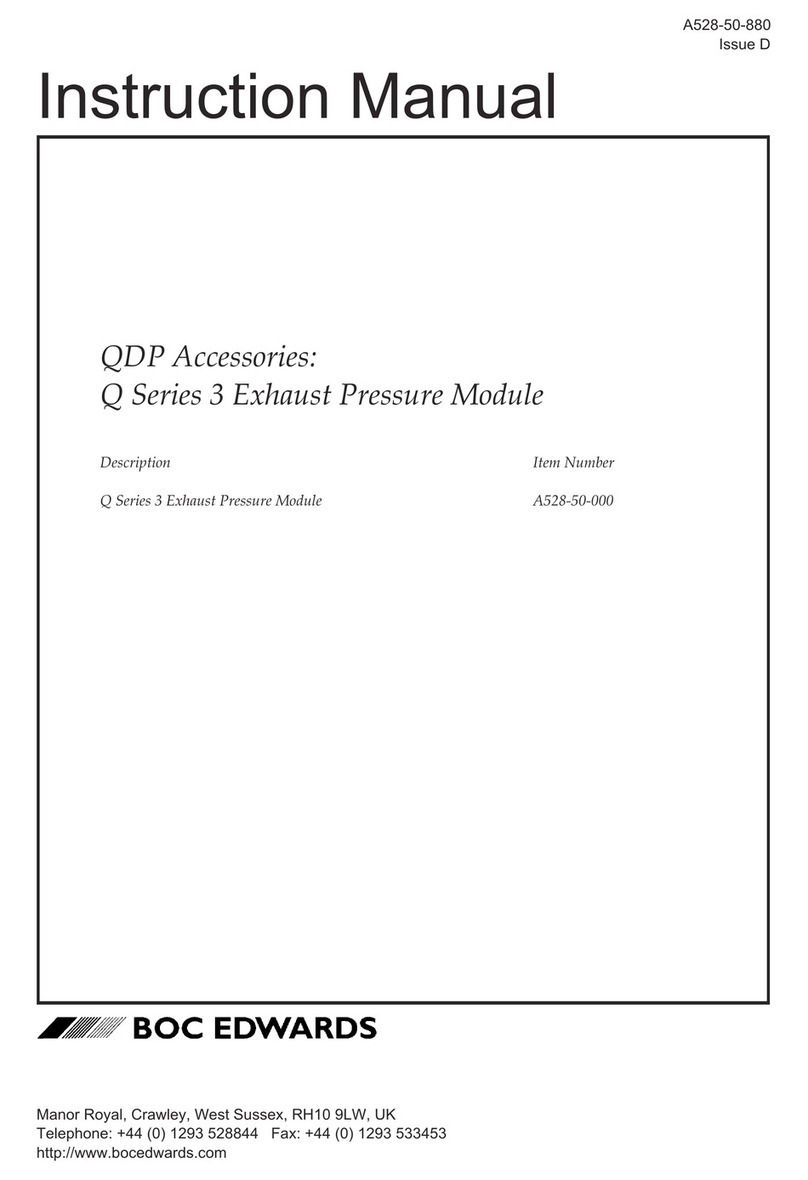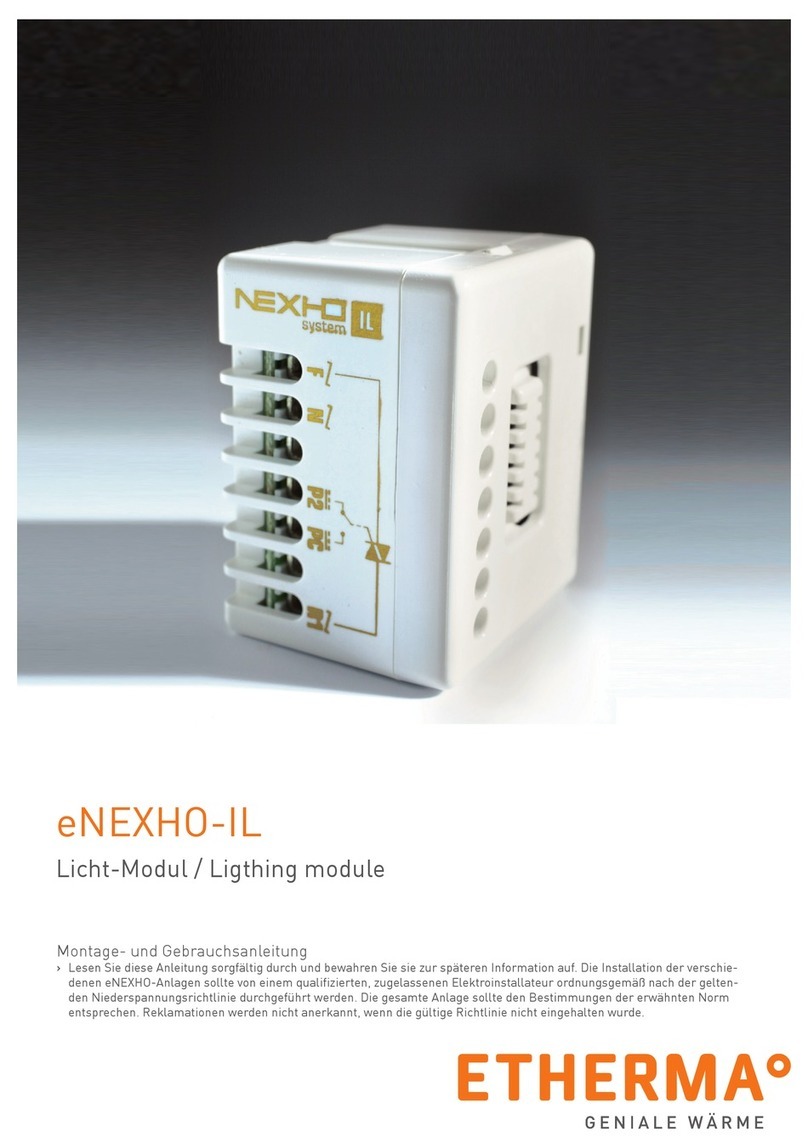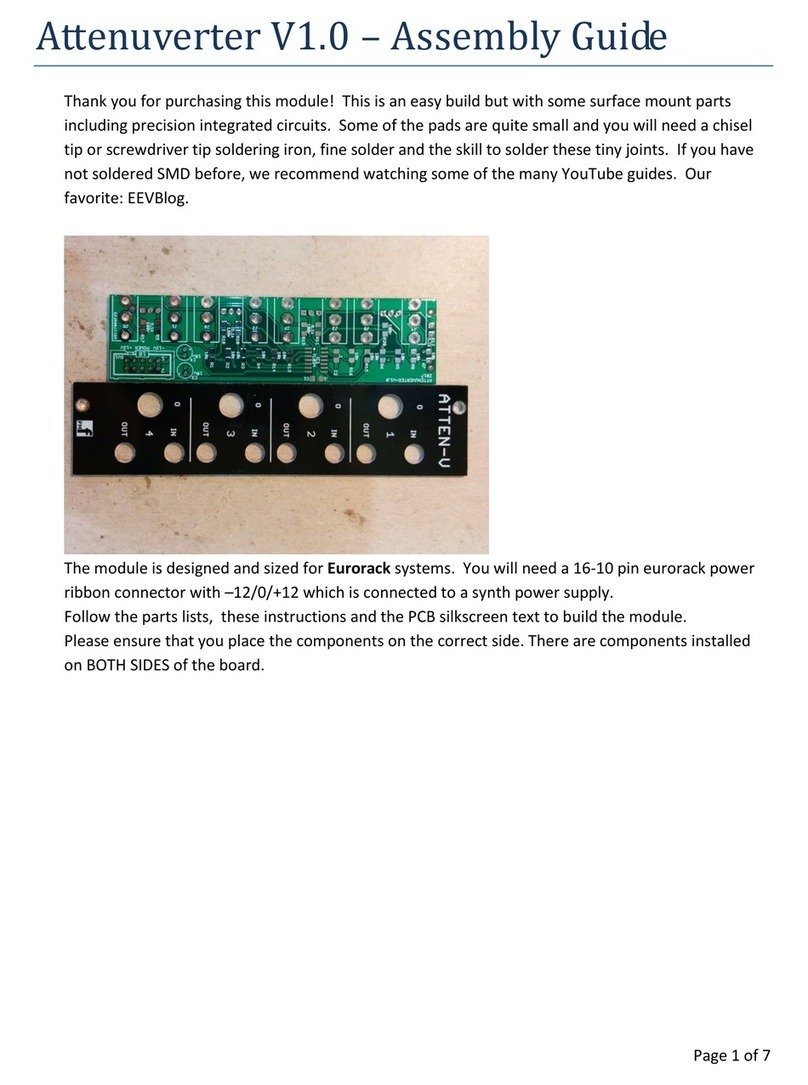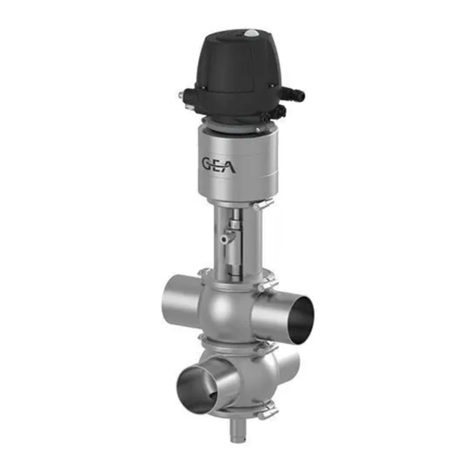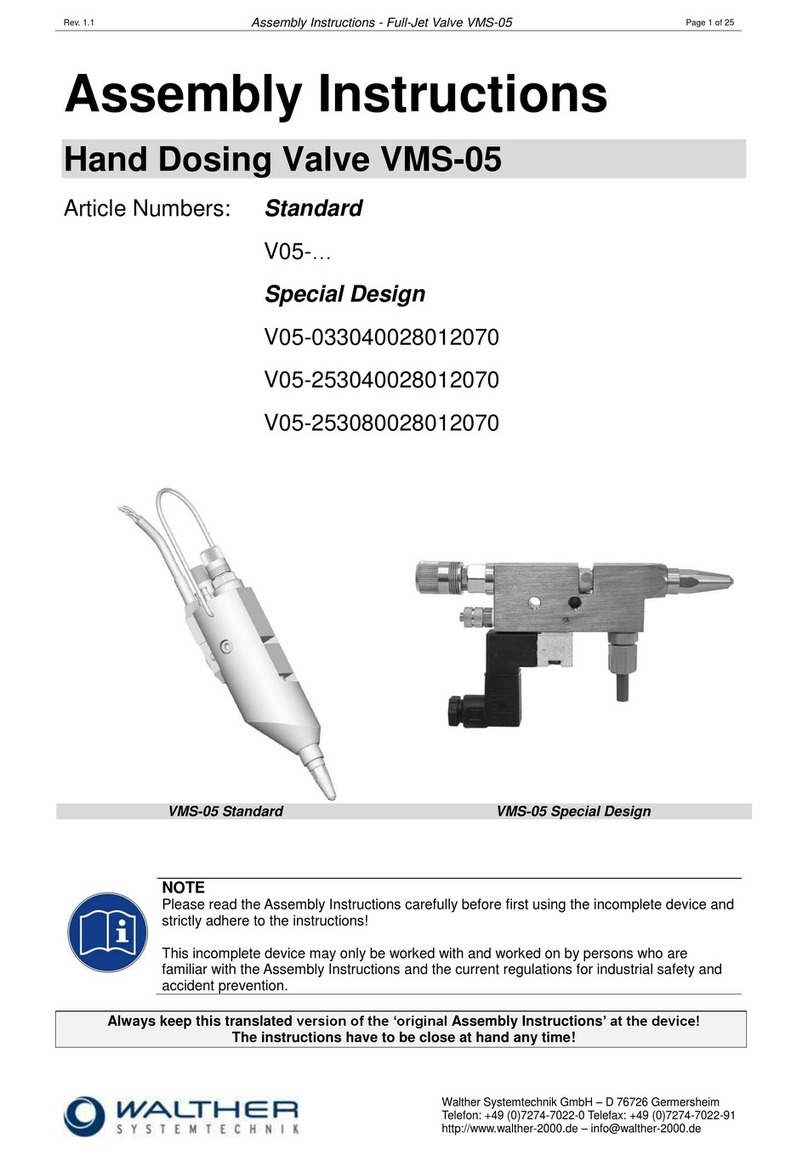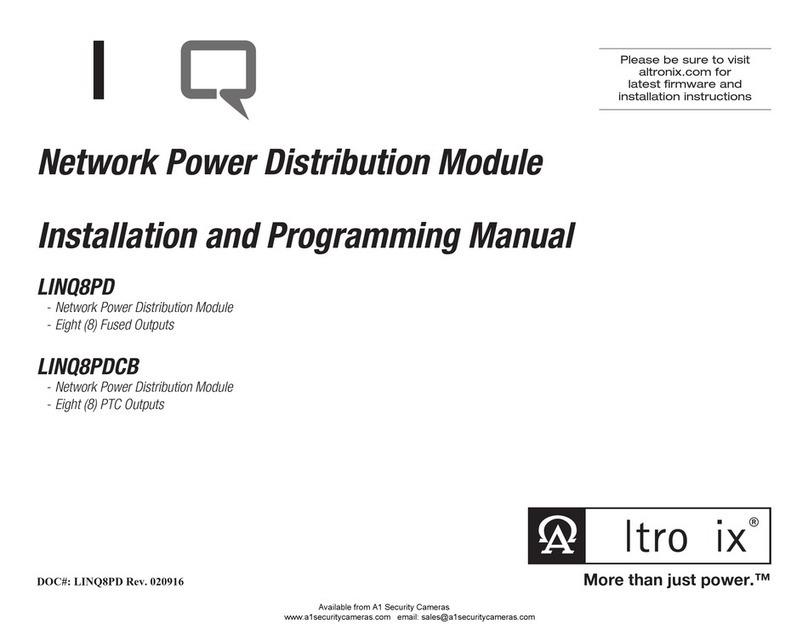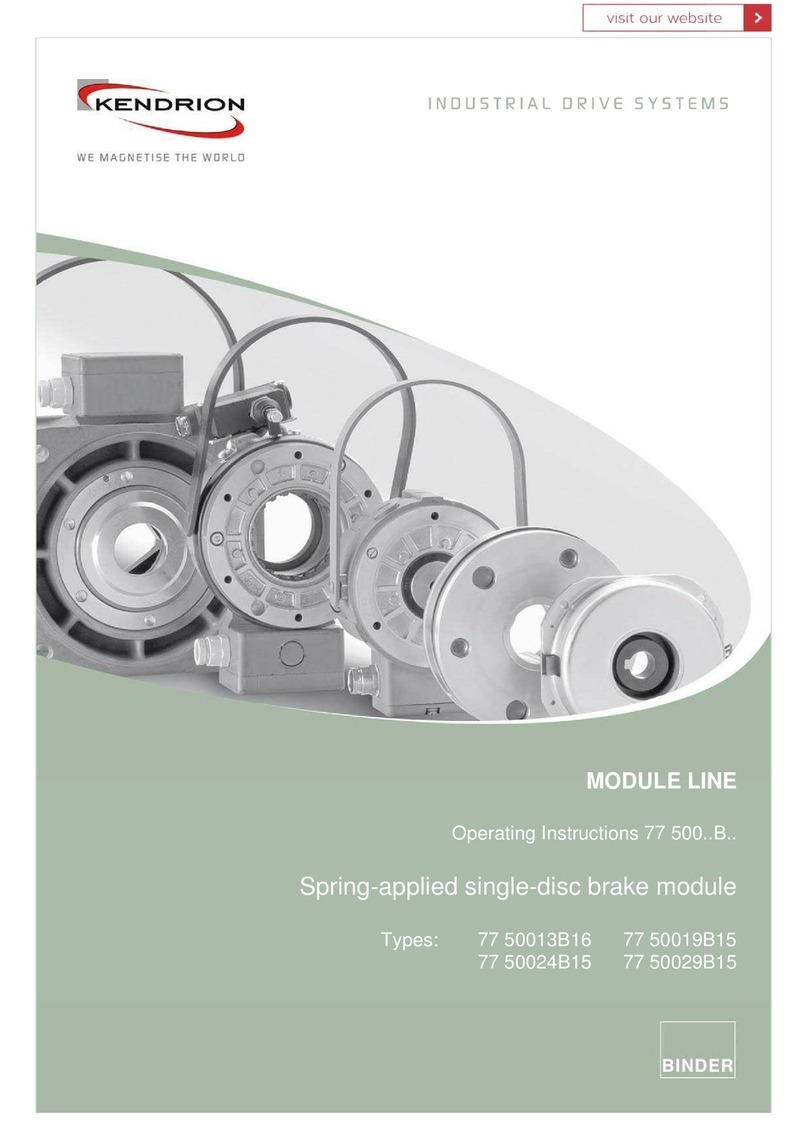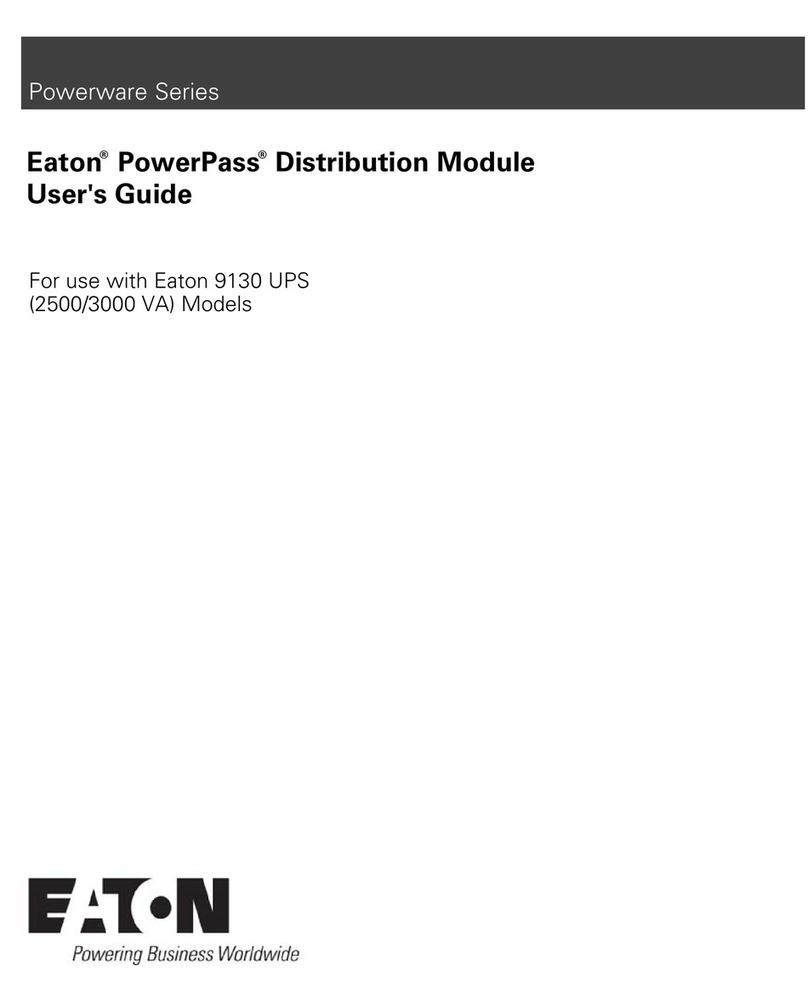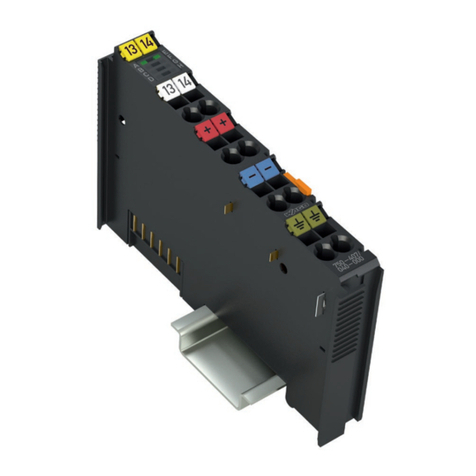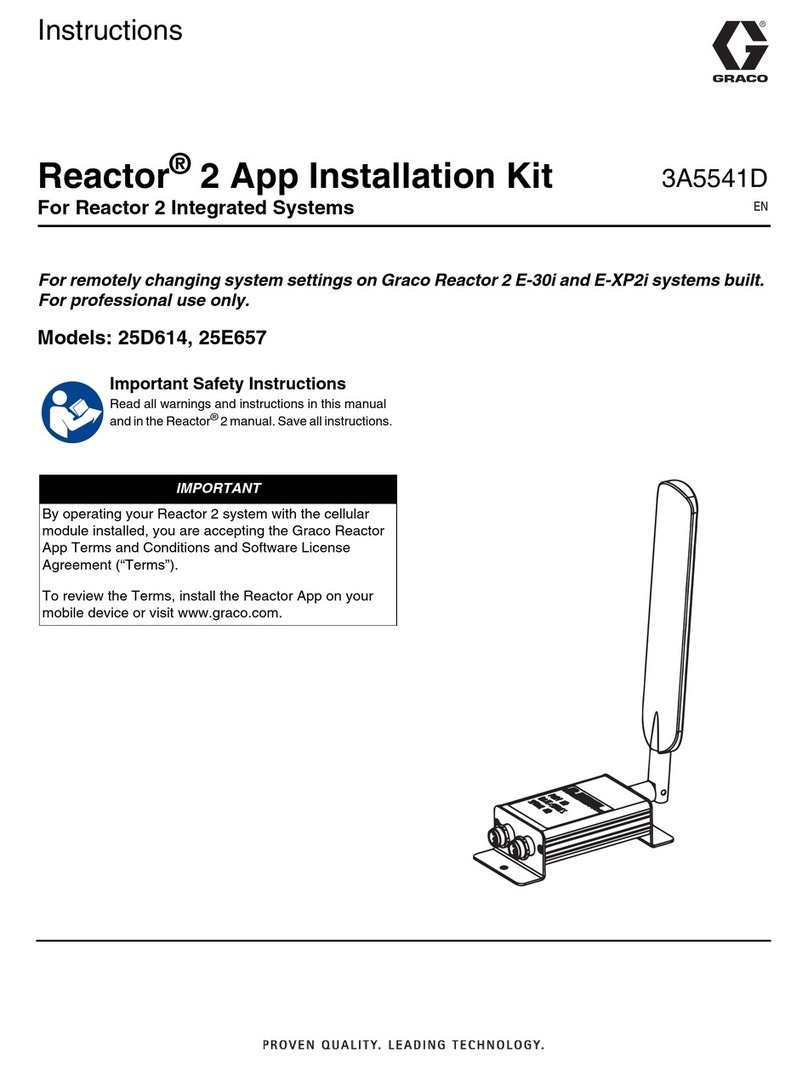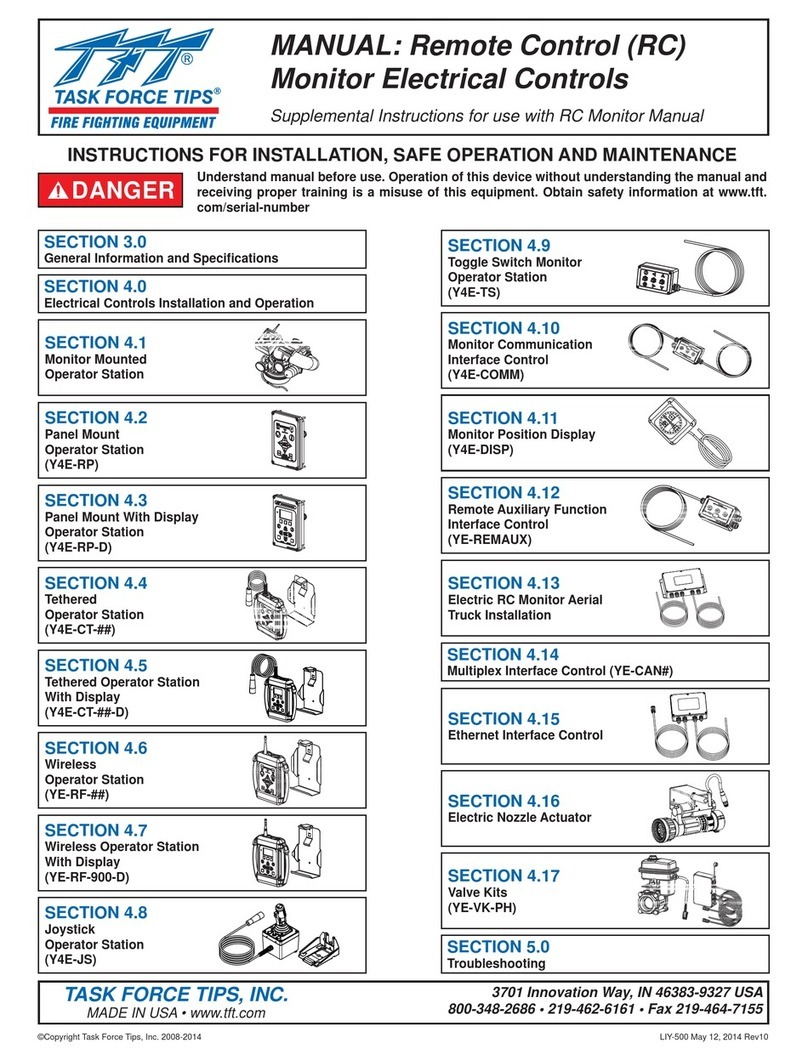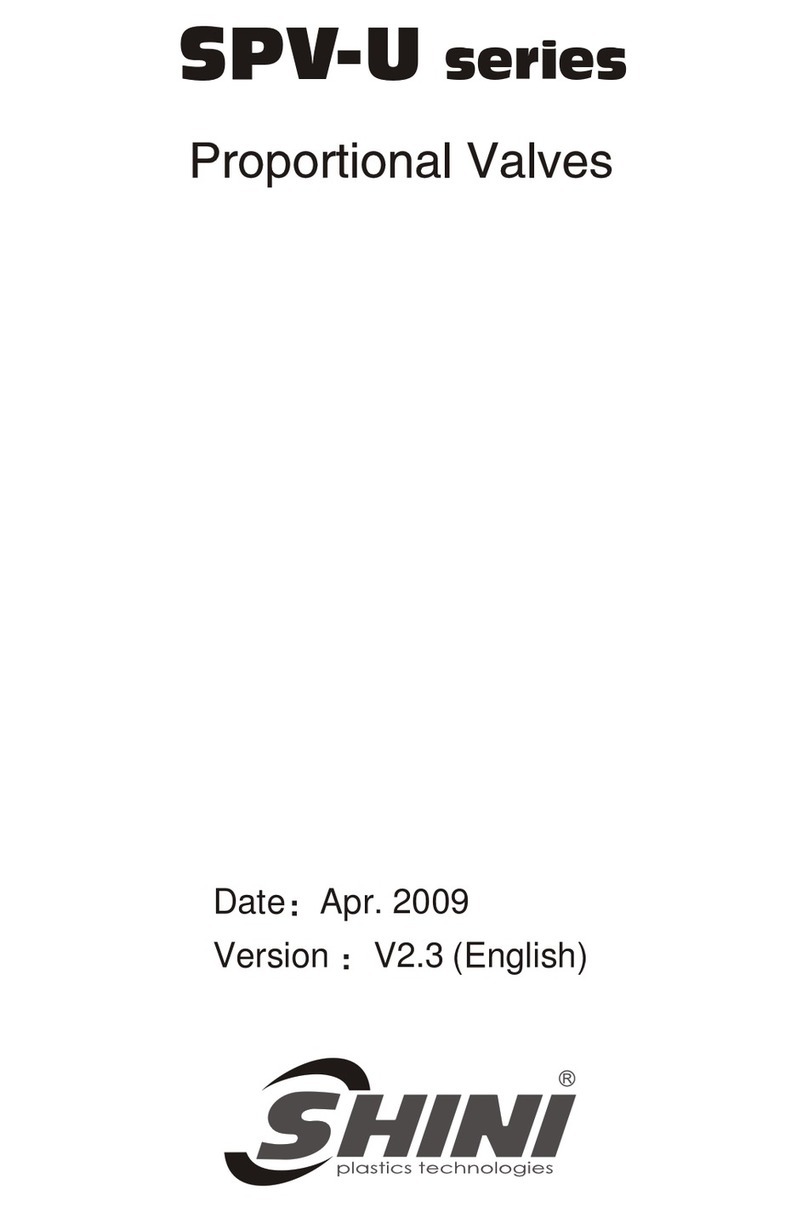Kendrion Kuhnke Automation GmbH Table of Contents
(E 747GB-V2)3
28 January 2020
5.1.1 Controller 113...................................................................................................................................24
5.1.2 Controller 116...................................................................................................................................25
5.2 Bus Coupler and Extender..............................................................................................................26
5.2.1 Bus Coupler......................................................................................................................................26
5.2.2 Bus Coupler DI16/DO16 ..................................................................................................................29
5.2.3 Extender 2 Port ................................................................................................................................32
5.3 Digital FIO Modules..........................................................................................................................39
5.3.1 DI16/DO16 .......................................................................................................................................39
5.3.2 DI16/DO16 LS (Low Side)................................................................................................................41
5.3.3 DI32..................................................................................................................................................43
5.3.4 DI16..................................................................................................................................................45
5.3.5 DI16/DO8 .........................................................................................................................................47
5.3.6 DI8/DO8 ...........................................................................................................................................49
5.3.7 DO16................................................................................................................................................51
5.3.8 DO8..................................................................................................................................................53
5.3.9 DO8 Relay NO 24V..........................................................................................................................55
5.3.10 DO8 Relay NO 230VAC.................................................................................................................57
5.3.11 ........................................................................................................................................................57
5.4 Analogue FIO Modules....................................................................................................................59
5.4.1 AO4-U/I - 12-Bit..............................................................................................................................143
5.4.2 AO4-U/I - 16-Bit CoE......................................................................................................................148
5.4.3 AI4/8-U ...........................................................................................................................................156
5.4.4 AI8/16-U .........................................................................................................................................164
5.4.5 AI4-I................................................................................................................................................173
5.4.6 AI8-I................................................................................................................................................180
5.4.7 AI4-Pt/Ni/TC...................................................................................................................................188
5.4.8 AI8-Pt/Ni/TC...................................................................................................................................197
5.5 Counter / Posi / Drive / CAM Modules..........................................................................................209
5.5.1 Counter/Posi2 5V, Counter2 5V.....................................................................................................209
5.5.2 Kuhnke FIO Drive Control..............................................................................................................224
5.5.3 Kuhnke FIO CAM Control ..............................................................................................................225
5.6 Mixed Modules ...............................................................................................................................226
5.6.1 MIX 02............................................................................................................................................226
5.7 Interface and Communication Modules.......................................................................................236
5.7.1 RS485 1 Port..................................................................................................................................236
5.7.2 RS232 2 Port..................................................................................................................................250
5.7.3 CAN Master/Slave..........................................................................................................................264
5.8 Safety Modules...............................................................................................................................279
5.8.1 Kuhnke FIO Safety PLC.................................................................................................................279
5.8.2 Kuhnke FIO Safety SDI4/SDO2.....................................................................................................280
6 Accessories .................................................................................................................................................282
6.1 Power Distributor 2 x 16...................................................................................................................282
Terminals.................................................................................................................................................282
Status LEDs ............................................................................................................................................282
Function...................................................................................................................................................282
Mounting..................................................................................................................................................283
6.2 Shield Terminal................................................................................................................................284
Terminals.................................................................................................................................................284
Function...................................................................................................................................................284
